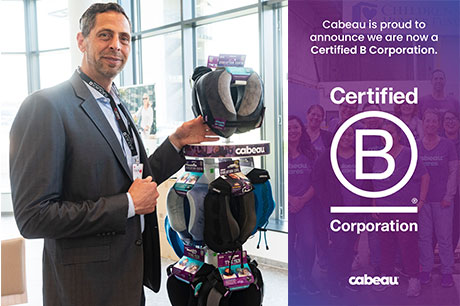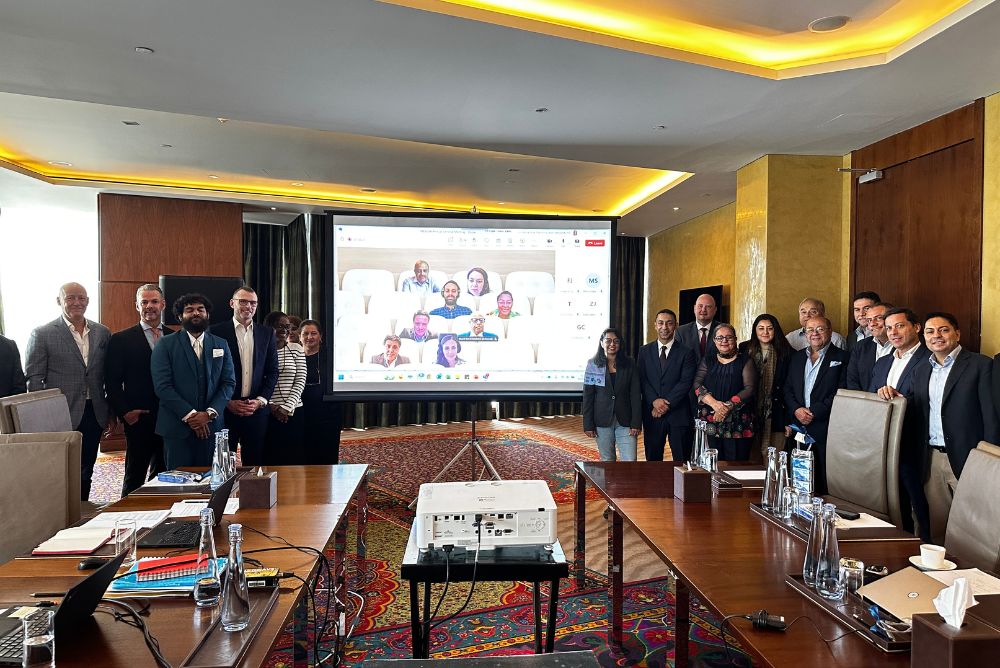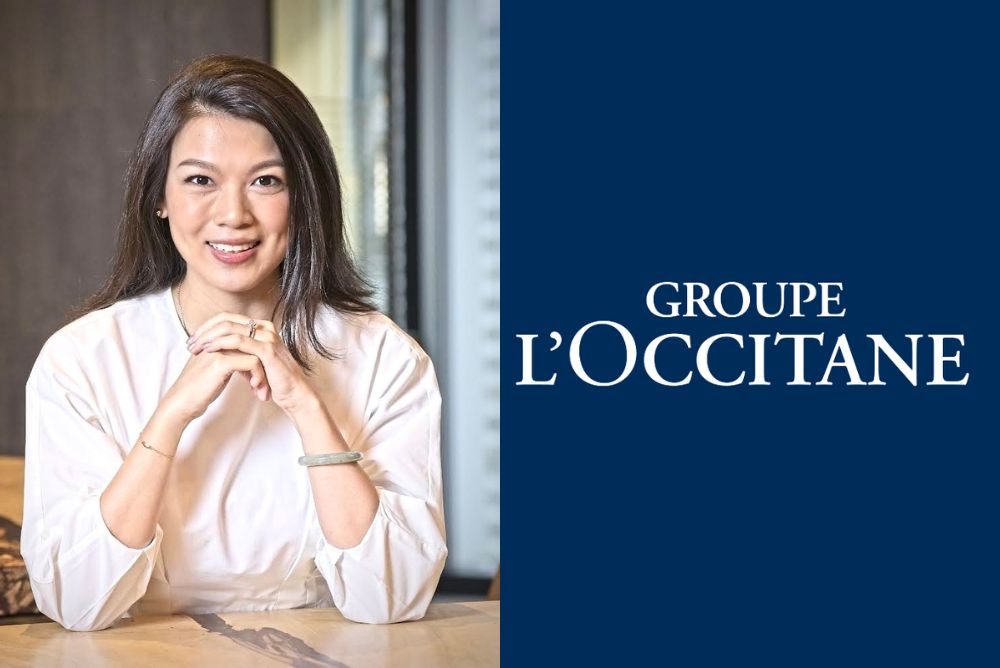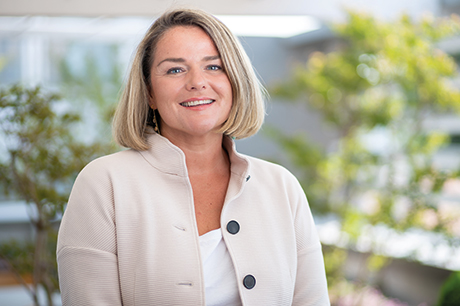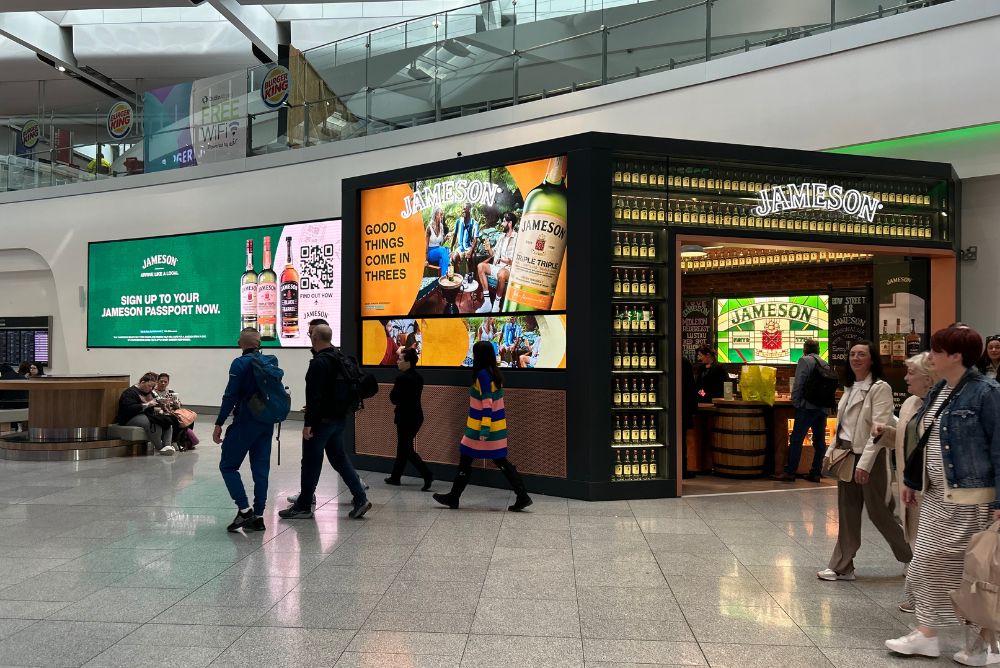Gebr. Heinemann +5.3% to €4.8bn in 2019, but reports ‘severe losses’ in 2020
By Charlotte Turner |

L to R: Claus, Max and Gunnar Heinemann say that 2020 will be ‘different than all previous 140 years in the history of Gebr. Heinemann’.
Gebr. Heinemann has reported turnover growth of 5.3%, up from €4.6 billion/$5.4bn to €4.8bn/$5.7bn however, the Covid-19 pandemic has ‘brought about severe losses for the family business’ in a year incomparable to its previous 140 years in business, said the company in its 2019 financial statement.
Turnover in the retail sector rose by 7.2% to €3.9bn/$4.6bn in 2019, driven predominantly by new business at Istanbul Airport, where Gebr. Heinemann launched a ‘centre management model’ in April 2019.
With a 78% share of sales, business at airports was the strongest sales channel for the group, followed by the border shop business, which accounts for 12% of total sales.
Broken down by category, the spirits, tobacco, confectionery and fine food product range was the strongest in 2019, accounting for 55% of group sales, followed by perfume & cosmetics with 34% and fashion & accessories with 9% share of sales.
The company was due to share its annual 2019 statement and presentation on 21 April in Hamburg, but decided to postpone the media briefing due to the escalating severity of the Covid-19 crisis.
RECOVERY: ‘WE ARE TALKING YEARS, NOT MONTHS’
“During our long-standing history we have seen many crises,” said Max Heinemann, Chief Executive Officer at Gebr. Heinemann. “This gives us some points of reference. But the scale of this pandemic is unprecedented. It is clear that the road to a recovery of the travel market will be very long. We are talking about years, not months.”
“However, as a family business, we think in generations, not in quarters.”
“We were able to close the 2019 financial year with a good result which was above that of the previous year and to expand our strong position in many regions and sales channels,” added Stephan Ernst, Chief Financial Officer at Gebr. Heinemann.

Turnover in the retail sector rose by 7.2% to €3.9bn/$4.6bn, driven predominantly by new business at Istanbul Airport, where Gebr. Heinemann launched a ‘centre management model’ in April 2019.
“As in previous years, our investments in 2019 amounted to around €100m. In addition to investments in inorganic growth, such as the purchase of the Russian border shop operator Kapo Duty Free, we have again invested a considerable amount in digitalisation, automation and logistics.”
However, after a promising start in 2020 the outlook for the coming months and years had to be adjusted from March 2020 onwards due to the worldwide spread and effects of Covid-19.
ALL REGIONS AND CHANNELS IMPACTED BY COVID
For the months of March to May, and to a large extent also in June 2020, all sources of income had almost completely slumped, said Heinemann, with severe impacts for all regions and channels of the business.
“In the first half of 2020, the Heinemann Group recorded a decline in turnover of almost 60% compared to the same period last year, in spite of the strong months of January and February,” added Ernst.
“In the summer holiday month of July 2020, when travel restrictions had already been partially lifted, turnover was still 75% below the turnover of July 2019.”
Even if travelling slowly resumes, the second half of 2020 will remain far below expectations and the results of 2019. A short-term improvement of the difficult situation is therefore not to be expected.

“In the first half of 2020, the Heinemann Group recorded a decline in turnover of almost 60% compared to the same period last year, in spite of the strong months of January and February,” Stephan Ernst, Chief Financial Officer at Gebr. Heinemann.
To safeguard its business model during the re-start, a comprehensive package of measures to reduce costs and secure Gebr. Heinemann’s liquidity is currently being implemented.
OPERATING AND PERSONNEL COST CUTS
Operating expenses have been cut, investments have been limited to operationally necessary measures and current assets have been reduced. With regard to rents and concession fees at the airports, Gebr. Heinemann is in close contact with its partners in view of the significantly reduced passenger volume.
Initial successes have already been achieved in discussions in this area. The same applies to the discussions on conditions and the agreements with suppliers.
“In terms of personnel costs, savings of slightly over 30% were achieved in the first half of the year through making use of government subsidies and job cuts,” continued Ernst.
“However, further adjustments will have to be made to the staffing structure – both at sites worldwide and at corporate headquarters – in order to reduce personnel costs in the longer term and adapt the size of the organisation to the new market conditions – to make it more lean and more effective for the re-start.”
The slump in the global travel market will not only have a considerable impact on the development of turnover in 2020, but also in the following years insisted Heinemann.
TRAVEL RETAIL WILL REMAIN IMPORTANT
Although many Heinemann shops have now resumed operations and there are signs of slight growth from month to month, years will pass before the company returns to the sales level of 2019.
The recovery in air travel and almost all other distribution channels in the travel market will certainly vary considerably from region to region.
“Even though travel will change and we will have to adapt to a different, new market, we are certain that the travel retail market will remain an important part of travel and especially of airports in the future,” said Max Heinemann.
“Our initial observations are positive: we are seeing in our re-opened shops that the few travellers also buy and we are even recording rising sales per passenger. We must therefore learn to adapt to the new market and the new customer needs early and quickly.
“Our medium and long-term focus is the same as before the corona crisis: we are and will remain the reliable partner in travel retail and we will do everything in our power to ensure that Gebr. Heinemann can continue to develop successfully in the fifth generation.”
Details emerge of JFK T1 commercial programme and duty free tender
Qualified travel retail operators are being invited to participate in a request for proposals...
Mondelez WTR launches Win a Diamond pop-up with Lagardère at CDG
Mondelez World Travel Retail (WTR) has unveiled an enhanced iteration of its Win a Diamond...
JEDCO launches multi-category tenders at KAIA T1
Jeddah Airports Company (JEDCO KSA) has issued a request for proposals for several...
-

-

-
 International,
International,JEDCO launches multi-category tenders at KAIA T1

In the Magazine
TRBusiness Magazine is free to access. Read the latest issue now.

 Trbusiness. The travel retail Trbusiness. The magazine for global retail and duty free professionals.
Trbusiness. The travel retail Trbusiness. The magazine for global retail and duty free professionals.





